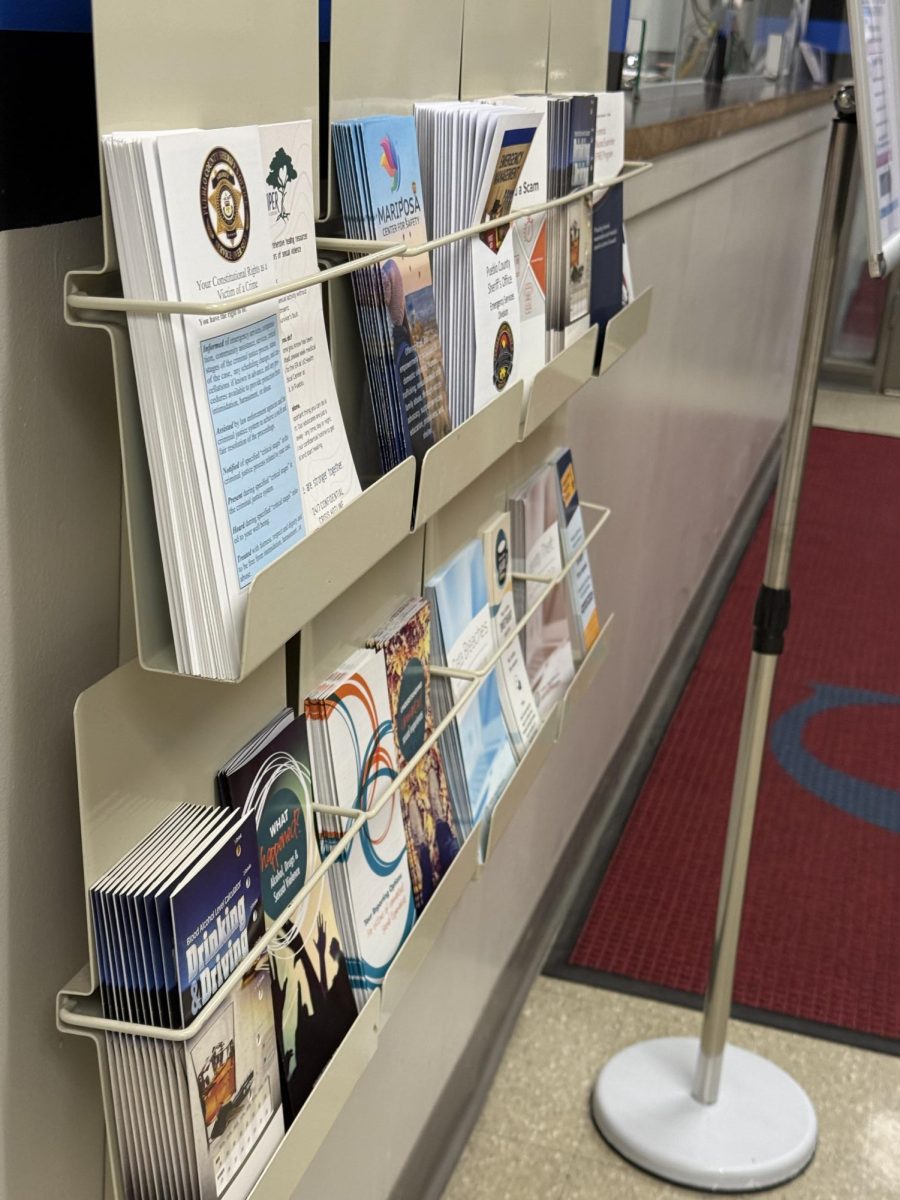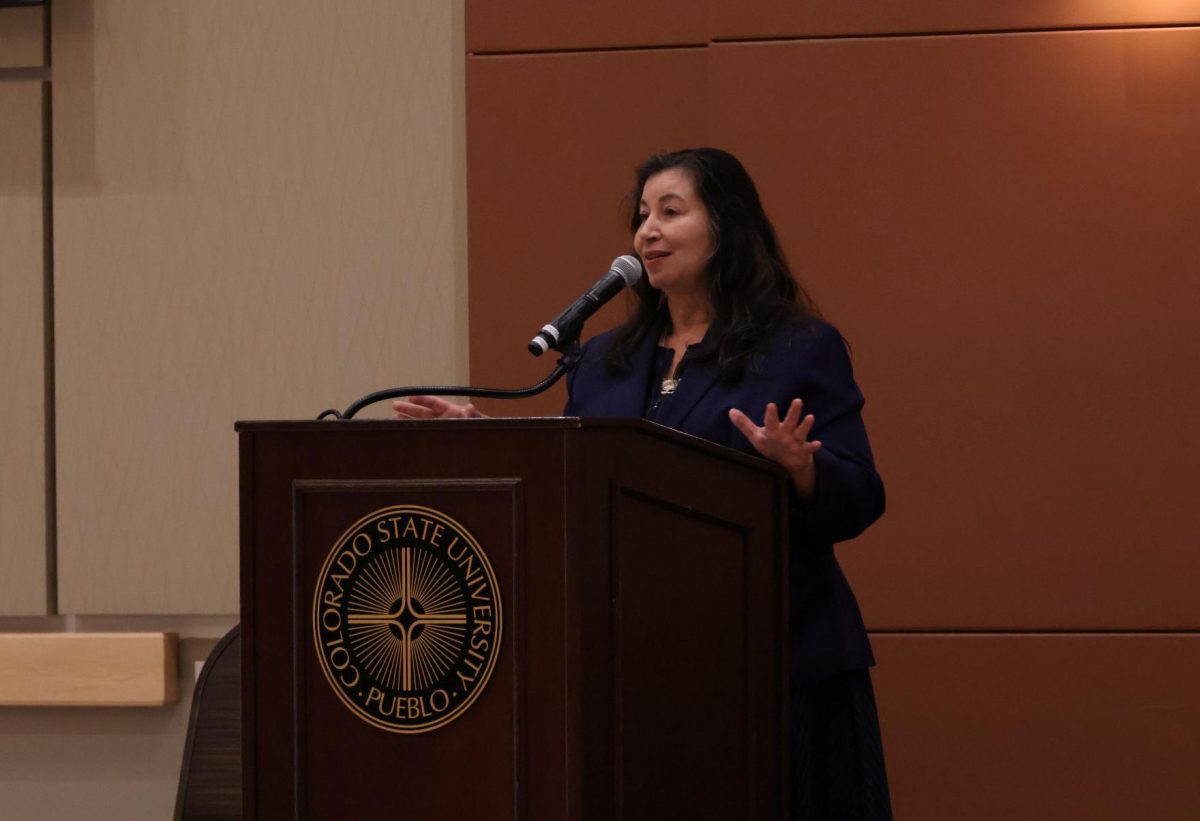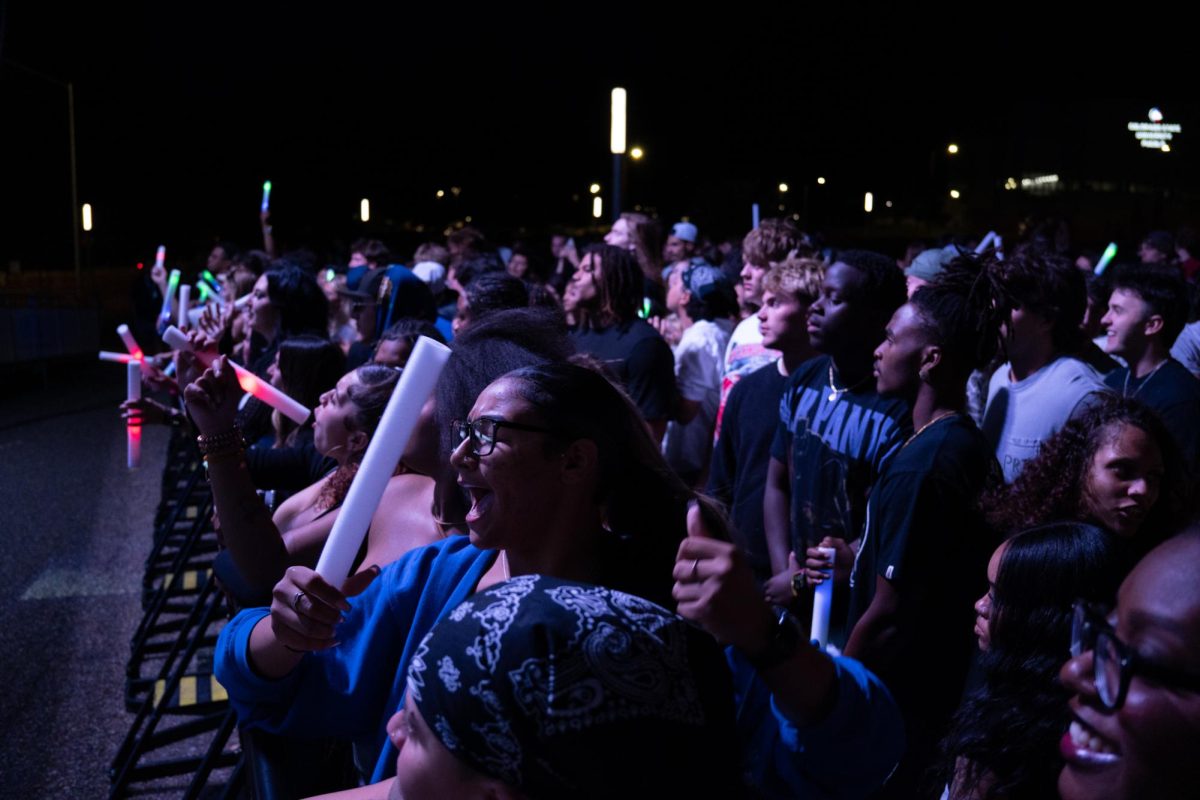Colorado State University Pueblo, previously named the safest college campus in Colorado in 2020, has just released the 2024 Fire Safety and Security Report to students, faculty, and the community. Mandated by the Cleary Act, a federal policy that requires campuses to report safety and crime statistics to the public, this report delves into the positive change that has been made across CSU Pueblo’s campus.
Director of Campus Safety and Emergency Management, Todd Whittemore, has been making it his mission since his onboarding in 2024 to ensure a safer campus. After 11 years in service at the Pueblo Police Department, Whittemore entered CSU Pueblo when violations were at a recent high..
The 2023 report on campus incidents included 94 total liquor violations, 36 total drug violations, and 5 cases of motor vehicle theft. A significant change has been noticed since Whittemore’s hiring, as the 2024 report showed a decrease in all three categories.
“The accuracy of the report is checked and double checked with regards to student discipline, resident life, and all of these different facets. It’s not just us trying to figure out the data. Communication and collaboration comes in here,” J.R. Hall, the Cleary and Safety Compliance Manager, said in regards to how cases are reported and included in the report. “Then we sit down with those folks and pick over the numbers, two or three times before it goes out.”
There were 60 total liquor violations, 17 drug violations, and only 2 motor vehicle thefts that occurred on campus according to the 2024 report. Since some of these acts are criminal offenses and some are referrals for disciplinary action, consequences for these actions can range from fines to being expelled to criminal charges.
Since CSU Pueblo is a campus that hosts a number of large events for students and the community throughout the calendar year, security presencehas become key in catching these violations. PackFest, the largest student event of the fall semester, used to have contracted security. Whittemore attributes the decrease in liquor and drug violations at events like this to the shift to hiring internal security. These internal staff already work at CSU Pueblo and know the campus policies, making it easier to recognize offenses and ensure communication between different departments and the Sheriff’s Department.

The Pueblo Sheriff’s Department often works in collaboration with Student Life & Housing. They have had an on campus sector since 2002 to help ensure that the safety of students remains a top priority. This hasalso openedmore partnership opportunities between security and faculty around campus.
“One of the things that J.R. and I kind of noticed is a lot of departments here were siloed. What we’ve done is we’ve increased our partnership across campus, especially with student services, student engagement to include student conduct, resident life and housing,” said Whittemore.
Another new resource that Whittemore attributes to keeping CSU Pueblo a safe campus is rolling out new features like the Pack Protect app. This app connects directly to the on campus Sheriff’s Department when a student calls for assistance through it–even going as far as to use the location on a student’s phone to be able to directly respond to the scene (as long as their phone has location services enabled). Through this app, students have greater access to existing protocols such as requesting an officer to walk them to their car if they do feel unsafe on campus. These services function 24/7, every day of the year.
Anonymous reporting is also available for students or anyone visiting campus.
“They can report and it doesn’t even have to be a crime. It could just be suspicious behavior. One of the biggest things that we want is to make everyone comfortable [reporting] because I think it’s an adequate weight towards safety and prevention is to report,” said Whittemore.
A new inclusion in the Cleary Act is anti-hazing policies, which will now be tracked in the upcoming 2025 report that will be released by Oct. 1 next year. Hazing incidents don’t just apply to Greek life or athletics, but any groups around campus that perform hazing rituals for new or existing members. Punishments can even include the banning of that group from campus for a period of up to 5 years.
When it comes to keeping students safe on campus overall, Whittemore and Hall recommend staying aware of surroundings and staying off devices when walking around outside. Not hesitating to report suspicious behavior also helps keep individuals safe.
“We’re encouraging our students to contact law enforcement and understand that we’re a resource here for them,” Whittemore said. “I can’t tell you how many times people come forward with some information like, well, I didn’t want to create a scene. Our job is to investigate suspicious behavior… It doesn’t mean you’re getting somebody in trouble. It means that we are proactively working on preventing anything happening on our campus.”










